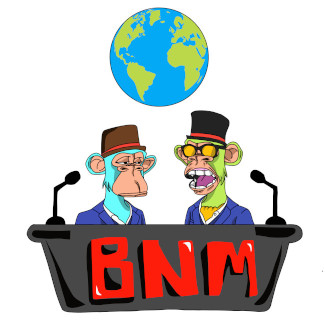Blockchain
Successful Beta Service launch of SOMESING, ‘My Hand-Carry Studio Karaoke App’
Published
1 year agoon
By
adminMar 18, 2023 08:43 UTC
| Updated:
Mar 18, 2023 at 08:43 UTC
By Clark
The association representing Russia’s crypto sector has asked the government in Moscow to clarify an offer to introduce felonious liability for “ argentine ” miners. The draft legislation seeks to discipline those who fail to report their income to the state and share information about their digital means.
Crypto Companies in Russia Want to Take Part in Ongoing Regulatory Efforts
The Russian Association of Cryptoeconomics, Artificial Intelligence and Blockchain( Racib) has asked Finance Minister Anton Siluanov to explain a proposal made by his department to introduce penalties for cryptocurrency miners violating the law.
In a letter addressed to Siluanov, the assiduity association requests an occasion to get acquainted with the separate draft amendments to the Criminal Code put forward by the Ministry of Finance, which give for the execution of miners for duty elusion, for illustration.
Racib is pertaining to a package of textbooks transferred by Deputy Finance Minister Alexey Moiseev to the Ministry of Economic Development, the Ministry of Justice, the Federal Tax Service, the Central Bank of Russia, and other government institutions in February.
The vittles oblige mining companies in Russia to report their income and give duty authorities with detailed information about their digital asset effects, including portmanteau addresses, in order to avoid felonious liability. Penalties for failure to do so include hefty forfeitures and indeed captivity time. Quoted by RBC Crypto, Racib’s letter states
This document has caused a lot of confusion and questions in the digital frugality business community.
The association is asking Anton Siluanov to partake the proffers with it so that its experts can study them. Likewise, Racib insists that the minister includes its representatives in the working group drafting the legislation that will regulate cryptocurrencies in Russia. A bill devoted to crypto mining is to be resubmitted to the State Duma along with the amendments to the Criminal Code.
Clark
Head of the technology.
Source link
You may like


Republican National Committee Endorses Pro-Bitcoin Platform in Party Draft


BC.GAME Announces the Partnership with Leicester City and New $BC Token!


What’s the best new crypto in 2024?


Bitcoin Mining Difficulty Crashes 5% To Lowest Level In 3 Months, What Happens Next?


Bitcoin (BTC) Price, Volume Contrasts In Fight For Rebound


The German Government Is Selling More Bitcoin – $28 Million Moves to Exchanges
Altcoins
Justin Sun Says TRON Team Designing New Gas-Free Stablecoin Transfer Solution
Published
7 hours agoon
July 8, 2024By
admin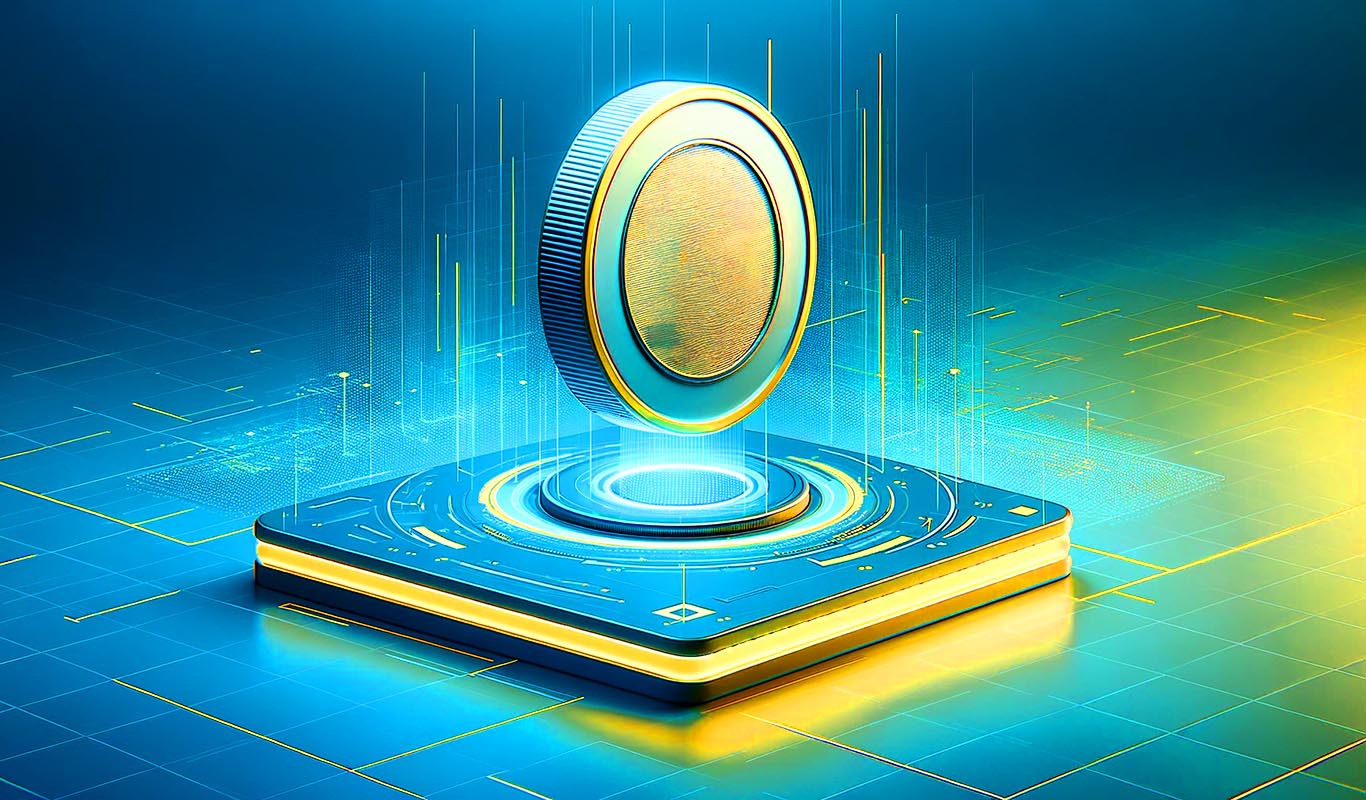
Justin Sun has announced that developers are now working on a stablecoin transfer solution that can function without gas fees on the TRON (TRX) network.
The crypto billionaire says the new service is set to roll out later this year, initially on TRON before expanding to Ethereum (ETH) and other EVM-compatible chains.
“Our team is developing a new solution that enables gas-free stablecoin transfers. In other words, transfers can be made without paying any gas tokens, with the fees being entirely covered by the stablecoins themselves.
This innovation will first be implemented on the Tron blockchain and later support Ethereum and all EVM-compatible public chains.
We anticipate launching this service in Q4 of this year. I believe that similar services will greatly facilitate large companies in deploying stablecoin services on the blockchain, elevating blockchain mass adoption to a new level.”
At time of writing, it’s unclear how the new service will be able to operate without gas fees.
Last month, market intelligence firm Lookonchain reported that the 24-hour trading volume of Tether’s USDT on TRON stood at $53 billion while payment giant Visa’s was only at $42 billion.
“The 24-hour trading volume of USDT on TRON Network is $53 billion, exceeding Visa’s average daily trading volume. Visa’s trading volume in Q1 2024 was $3.78 trillion and the average daily trading volume was $42 billion.”
Don’t Miss a Beat – Subscribe to get email alerts delivered directly to your inbox
Check Price Action
Follow us on X, Facebook and Telegram
Surf The Daily Hodl Mix
 

Disclaimer: Opinions expressed at The Daily Hodl are not investment advice. Investors should do their due diligence before making any high-risk investments in Bitcoin, cryptocurrency or digital assets. Please be advised that your transfers and trades are at your own risk, and any losses you may incur are your responsibility. The Daily Hodl does not recommend the buying or selling of any cryptocurrencies or digital assets, nor is The Daily Hodl an investment advisor. Please note that The Daily Hodl participates in affiliate marketing.
Generated Image: DALLE3
Source link
Blockchain
Nigeria to focus on Blockchain and emerging tech with plans to deploy research centers
Published
4 days agoon
July 4, 2024By
admin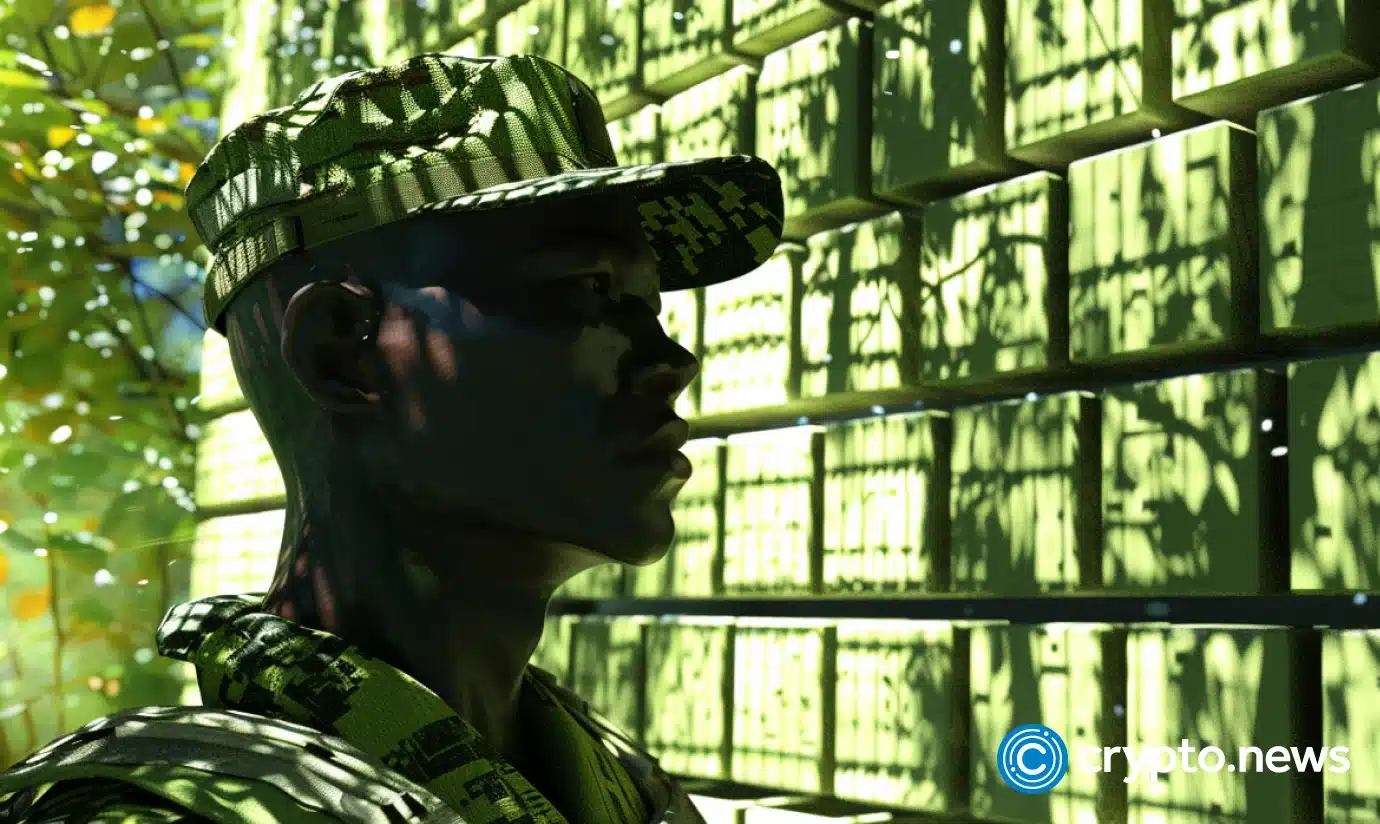
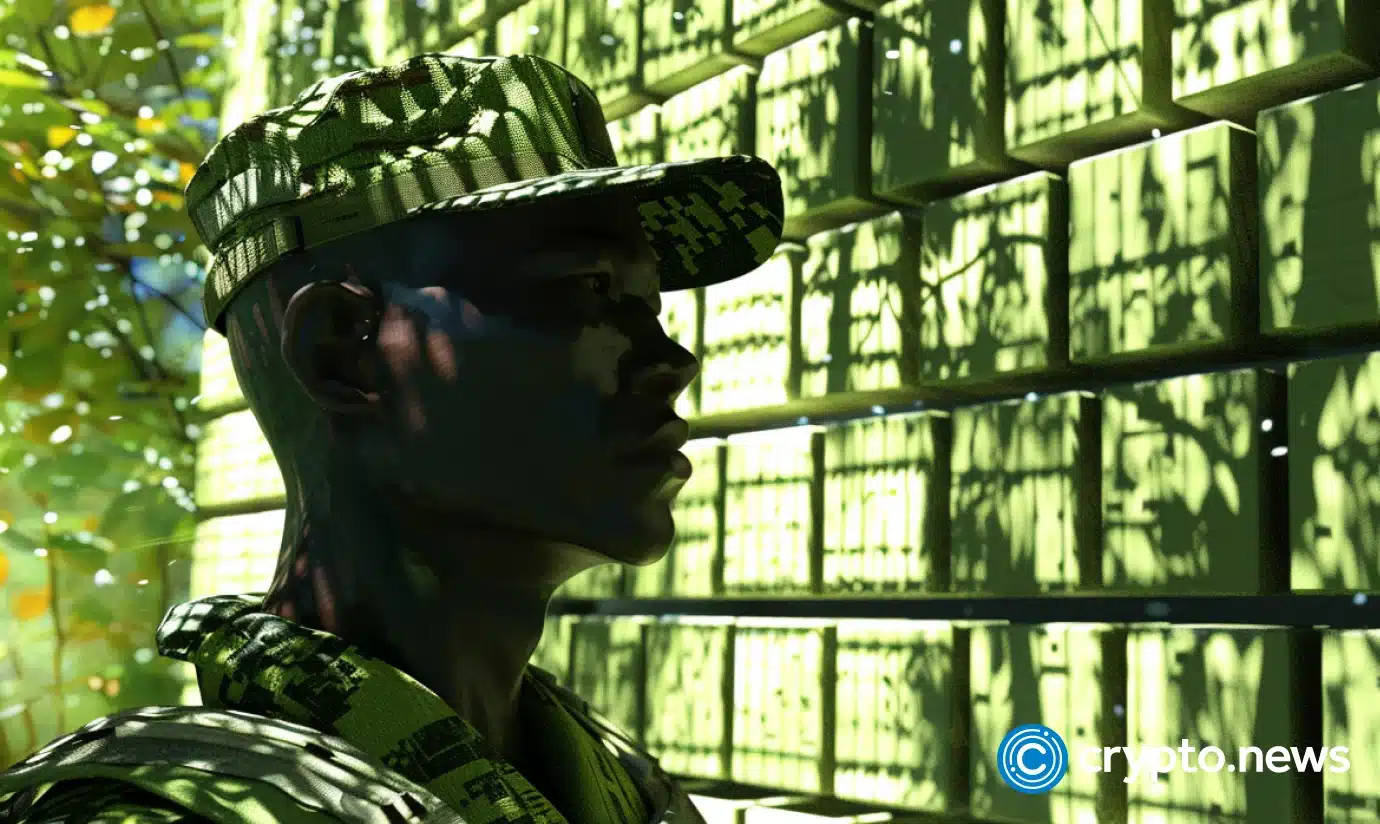
The National Information Technology Development Agency (NITDA) in Nigeria is looking to deploy research centers geared towards emerging technologies like Blockchain.
The initiative was announced by the NITDA’s Director-General, Kashifu Inuw, at the IoT West Africa Conference in Lagos.
According to the director general, the research centers will focus on key technologies like artificial intelligence (AI), the Internet of Things (IoT), unmanned aerial vehicles (UAV), additive manufacturing, and robotics alongside blockchain tech.
The entities would be deployed across “six geo-political zones of Nigeria,” as per Inuwa.
Besides establishing these research units, the government would also aid Nigerian startups in scaling product development using these technologies. In this regard, innovation sandboxes would be leveraged to develop use cases and ultimately introduce these products to the market.
Amidst this backdrop, the NITDA has been training the nation’s populace via its 3 Million Technical Talent (3MTT) program. By 2027, the government plans to equip three million Nigerians with the necessary skills to bolster its current initiatives.
As a broader implication, Inuwa expects a boost in foreign exchange remittances as individuals trained via these initiatives leave the country.
Shitij Taneja, managing director of Vertex Next, the organizers of the IoT West Africa conference, called Nigeria “Africa’s next Silicon Valley.” He believes that Nigeria’s large youth population and its dynamic startup ecosystem position it as a leading force.
“The reason we are hosting the IoT West Africa, which is co-located with Africa data center and cloud Expo Africa is because we see a lot of potential in the market and the growing number of youths that are working towards the development of technology.”
Taneja added that the conference also seeks to draw investors towards Nigerian startups.
Nigeria’s growing focus on emerging technologies has been quite evident over the past months. In May, the NITDA restructured the National Blockchain Policy Steering Committee (NBPSC) in a move to facilitate better implementation of its National Blockchain Policy.
The nation is also eyeing potential collaboration with the United States of America to explore the potential of AI and other emerging technologies. This is despite the nation’s recent legal tensions with the economic powerhouse involving a detained executive of crypto exchange Binance.
Per the Blockchain Industry Coordinating Committee of Nigeria (BICCoN), a blockchain advocacy group, this development could lead to fragmented relations with global partners.
Source link
Blockchain
Flare integrates LayerZero V2, connecting to 75 blockchains
Published
5 days agoon
July 3, 2024By
admin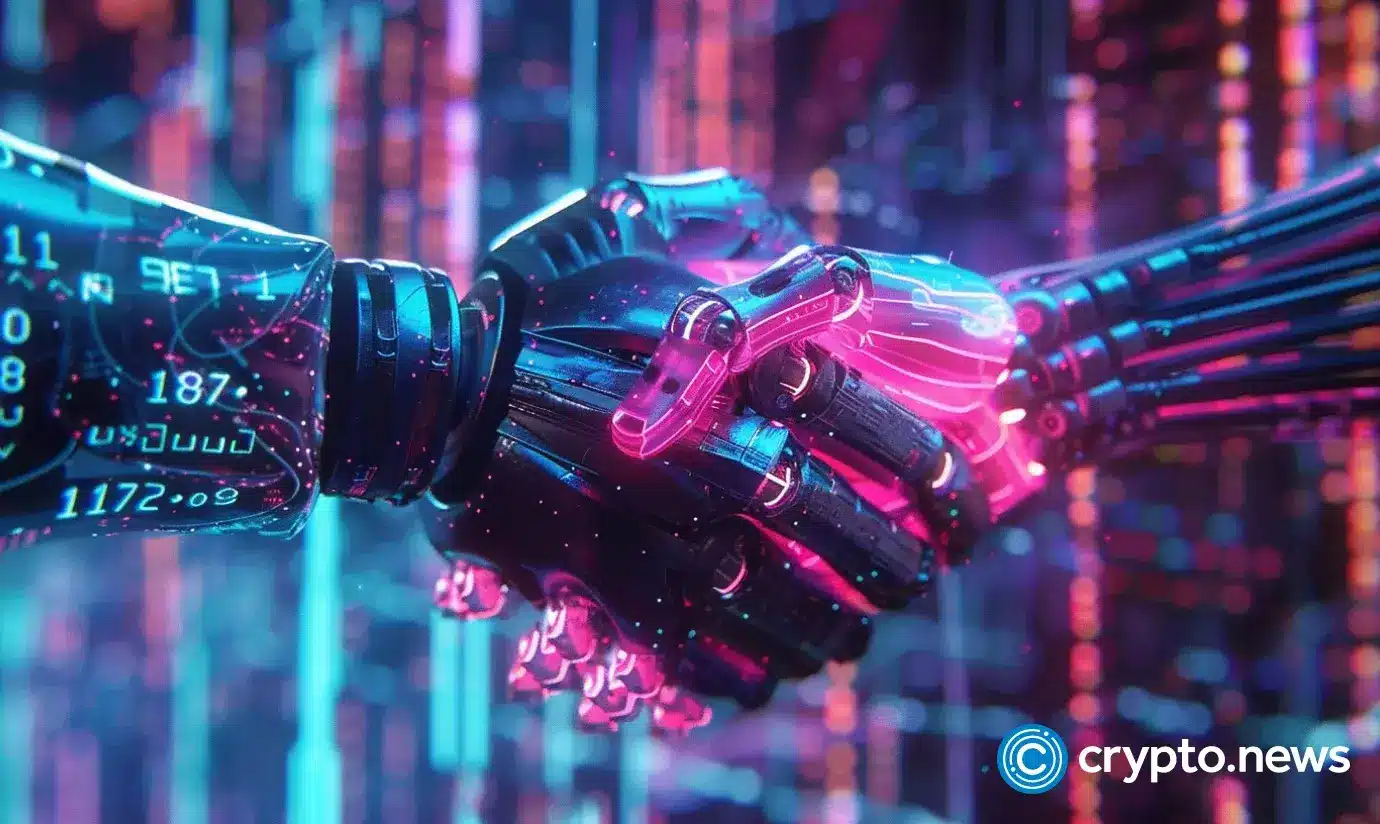
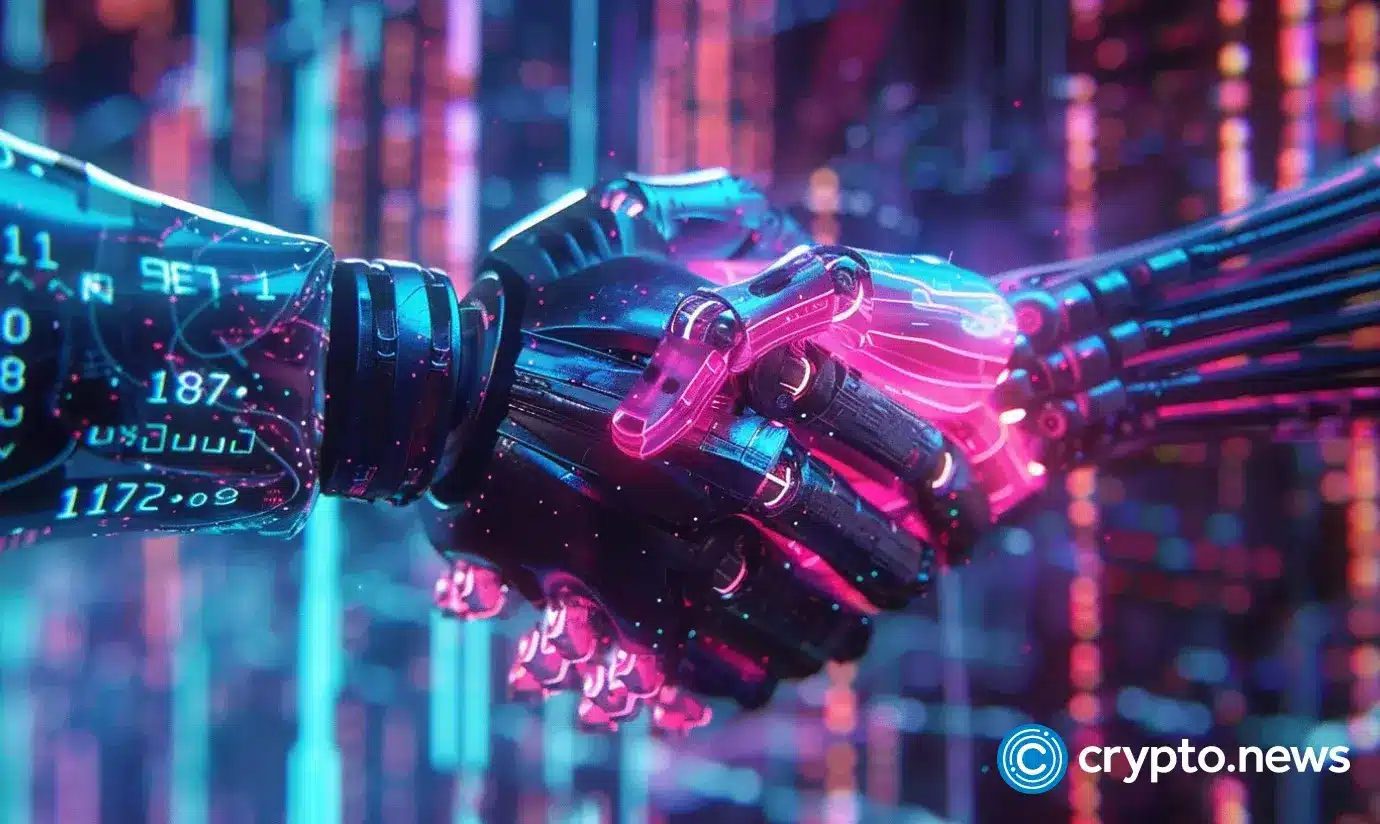
The cross-chain messaging platform LayerZero has integrated Flare, connecting the Layer 1 blockchain for data to 75 blockchain networks.
As announced on Wednesday, the integration means Flare can now connect to major blockchain networks such as Ethereum and Solana. The milestone also makes Flare accessible to multiple Ethereum Layer 2 (L2) networks, bringing over 50,000 decentralized applications (dApps) to Flare.
“This is an incredibly valuable integration for all users and builders on Flare. Deployment of LayerZero V2 will help accelerate Flare’s expansion, paving the way for builders to develop a wide variety of innovative interoperable products,” Flare co-founder Hugo Philion said.
Flare to benefit from LayerZero V2 integration
While the integration will also help any chain connect and leverage Flare’s decentralized data, there are numerous benefits to Flare.
Apart from Flare becoming a DVN on LayerZero V2, the integration also brings benefits such as secure connectivity to dApps, access to new users, and liquidity. Flare will also benefit from greater decentralization.
“Of great interest to me is the ability of LayerZero to help Flare facilitate a cross-chain money market, leveraging in addition, the integration on Flare of non smart contract tokens, such as BTC and XRP,” the Flare co-founder noted. “Other interesting angles are the ability of Flare builders to create omnichain fungible tokens or chain-agnostic NFTs. The opportunity for Flare to serve as a highly secure DVN on LayerZero V2 is of particular interest.”
LayerZero’s growing traction in crypto
Protocols leverage a key feature of LayerZero V2 – the modular security stack that allows protocols to confirm and validate cross-chain messages.
The technology behind this infrastructure is Decentralized Verifier Networks (DVNs), and networks can create their own DVNs to bolster security. Applications can also tap into LayerZero’s Omnichain Fungible Token standard to drive DeFi growth.
LayerZero’s cross-chain messaging protocol has facilitated more than 134 million cross-chain messages and helped secure the bridging of over $50 billion in crypto.
For instance, LayerZero-based bridge protocol Stargate Finance recorded nearly $800 million worth of bridged assets in June alone.
Source link

Republican National Committee Endorses Pro-Bitcoin Platform in Party Draft
BC.GAME Announces the Partnership with Leicester City and New $BC Token!

What’s the best new crypto in 2024?

Bitcoin Mining Difficulty Crashes 5% To Lowest Level In 3 Months, What Happens Next?
Bitcoin (BTC) Price, Volume Contrasts In Fight For Rebound

The German Government Is Selling More Bitcoin – $28 Million Moves to Exchanges
BC.GAME Announces the Partnership with Leicester City and New $BC Token!

Justin Sun Says TRON Team Designing New Gas-Free Stablecoin Transfer Solution

Mt. Gox is a ‘thorn in Bitcoin’s side,’ analyst says

XRP Eyes Recovery Amid Massive Accumulation, What’s Next?

Germany Moves Another $28 Million in Bitcoin to Bitstamp, Coinbase

'Asia's MicroStrategy' Metaplanet Buys Another ¥400 Million Worth of Bitcoin

BlackRock’s BUIDL adds over $5m in a week despite market turbulence

Binance To Delist All Spot Pairs Of These Major Crypto

German Government Sill Holds 39,826 BTC, Blockchain Data Show

Bitcoin Dropped Below 2017 All-Time-High but Could Sellers be Getting Exhausted? – Blockchain News, Opinion, TV and Jobs

What does the Coinbase Premium Gap Tell us about Investor Activity? – Blockchain News, Opinion, TV and Jobs
BNM DAO Token Airdrop
A String of 200 ‘Sleeping Bitcoins’ From 2010 Worth $4.27 Million Moved on Friday

NFT Sector Keeps Developing – Number of Unique Ethereum NFT Traders Surged 276% in 2022 – Blockchain News, Opinion, TV and Jobs
New Minting Services

Block News Media Live Stream

SEC’s Chairman Gensler Takes Aggressive Stance on Tokens – Blockchain News, Opinion, TV and Jobs

Friends or Enemies? – Blockchain News, Opinion, TV and Jobs

Enjoy frictionless crypto purchases with Apple Pay and Google Pay | by Jim | @blockchain | Jun, 2022

How Web3 can prevent Hollywood strikes

Block News Media Live Stream

Block News Media Live Stream

Block News Media Live Stream

XRP Explodes With 1,300% Surge In Trading Volume As crypto Exchanges Jump On Board
Trending
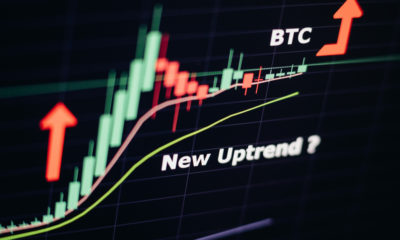
 Altcoins2 years ago
Altcoins2 years agoBitcoin Dropped Below 2017 All-Time-High but Could Sellers be Getting Exhausted? – Blockchain News, Opinion, TV and Jobs

 Binance2 years ago
Binance2 years agoWhat does the Coinbase Premium Gap Tell us about Investor Activity? – Blockchain News, Opinion, TV and Jobs
- Uncategorized3 years ago
BNM DAO Token Airdrop

 Bitcoin miners2 years ago
Bitcoin miners2 years agoA String of 200 ‘Sleeping Bitcoins’ From 2010 Worth $4.27 Million Moved on Friday
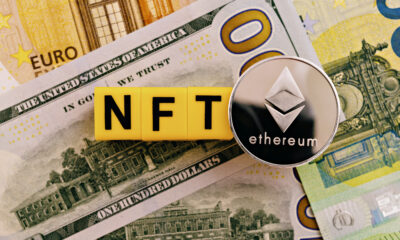
 BTC1 year ago
BTC1 year agoNFT Sector Keeps Developing – Number of Unique Ethereum NFT Traders Surged 276% in 2022 – Blockchain News, Opinion, TV and Jobs
- Uncategorized3 years ago
New Minting Services

 Video2 years ago
Video2 years agoBlock News Media Live Stream
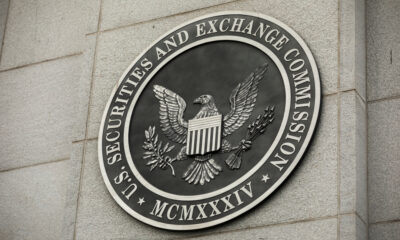
 Bitcoin1 year ago
Bitcoin1 year agoSEC’s Chairman Gensler Takes Aggressive Stance on Tokens – Blockchain News, Opinion, TV and Jobs
